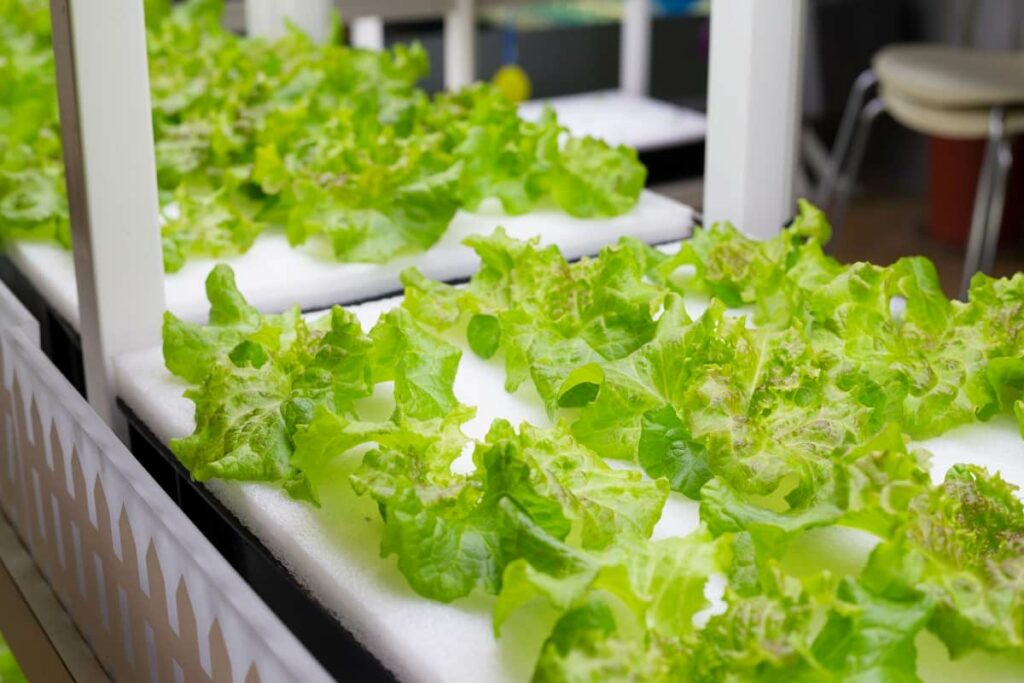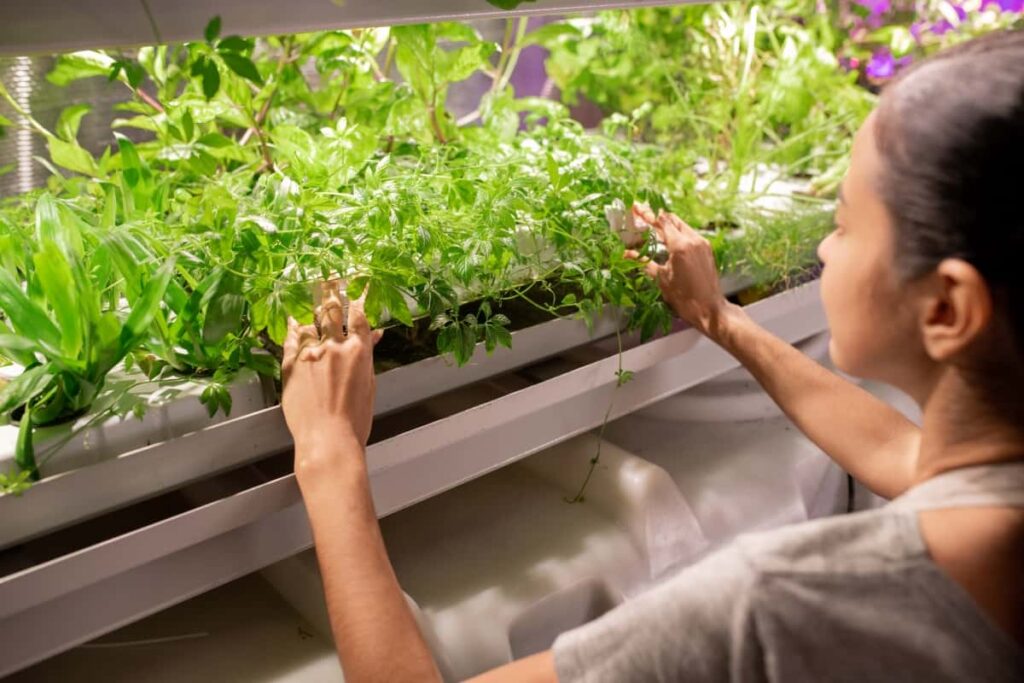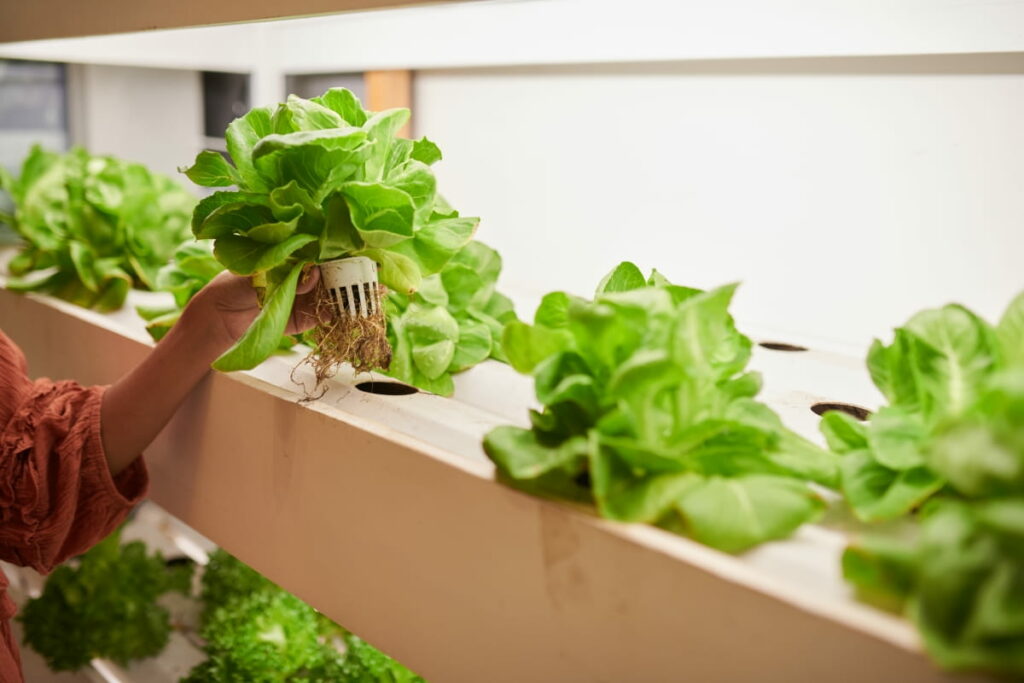Innovate your high school curriculum with engaging hydroponic classroom activities. Our hydroponics lesson plan offers hands-on learning opportunities for students to explore sustainable farming through STEM education. From DIY hydroponic system projects to interactive hydroponics activities, we provide a comprehensive approach to teaching the science of hydroponics.

Dive into the urban farming curriculum and aquaponics projects, fostering environmental awareness and practical skills. With our educational hydroponic kits and science fair ideas, students can delve into high school hydroponics research projects, cultivating a deeper understanding of hydroponic technology and its applications.
Hydroponic Classroom Activity Ideas
Design and Build a Classroom Hydroponic System
One of the most engaging activities for high school students is designing and building a hydroponic system within the classroom. This project-based learning approach allows students to understand the principles of hydroponics while applying their knowledge to create a functional system. Students can work in teams to plan, research, and construct their hydroponic systems, considering factors such as water circulation, nutrient delivery, and plant support structures.
Science Fair Hydroponics Projects
Science fairs provide excellent opportunities for students to delve deeper into hydroponics. Assign students to conduct individual or group experiments related to hydroponics for the science fair. They can explore topics such as the effects of different nutrient solutions on plant growth, the impact of pH levels on plant health, or even compare the growth of plants in soil versus hydroponics. Please encourage students to design experiments, collect data, and present their findings to their peers and teachers.
Hydroponics Worksheets for Students
To reinforce students’ understanding of hydroponics, provide them with worksheets that cover the basics of this cultivation method. These worksheets can introduce students to different types of hydroponic systems, nutrient requirements, and the benefits of hydroponics over traditional soil-based farming. Worksheets can be used for individual or group work, allowing students to engage with the material and assess their understanding actively.
Laboratory Experiments
Organize laboratory experiments that allow students to explore various aspects of hydroponics. For example, students can investigate the effects of different nutrient solutions on plant growth by varying the concentration or composition of the nutrient solution. They can also analyze the impact of light intensity on photosynthesis in a hydroponic setup. These experiments provide students with hands-on experiences, fostering their understanding of hydroponics principles and scientific inquiry.
Nutrient Solution Experiments
To deepen students’ understanding of hydroponic nutrient management, encourage them to design experiments that explore the effects of different nutrient media solutions on plant growth. They can manipulate nutrient concentrations, observe plant responses, and analyze the impact of nutrient imbalances on plant health. This activity promotes critical thinking among students and problem-solving skills while reinforcing the importance of maintaining a balanced nutrient solution for optimal plant growth.
In case you missed it: Best Fertilizer for Hydroponic Strawberries: Boost Your Yield and Flavor with These Nutrient Solutions

pH Level Management
Teach students about the importance of pH levels in hydroponics and how to manage them effectively. Students can learn about the optimal pH range for plant growth and conduct experiments to test the pH of their nutrient solutions using pH test strips. Additionally, they can explore methods to adjust pH levels using substances like baking soda or vinegar. Understanding pH management is crucial for maintaining healthy plants in a hydroponic system.
Cross-Curricular Connections
Integrating hydroponics into other subjects allows for a more comprehensive learning experience. In math, students can calculate nutrient ratios, analyze data collected from experiments, and design irrigation systems based on plant water requirements. In environmental science and sustainability classes, students can study the ecological benefits of hydroponics, such as reduced water usage and the potential for urban farming. Such cross-curricular connections encourage students to see the real-world applications of hydroponics beyond the science classroom.
Technology Integration
Using Sensors and Data Loggers: Incorporate technology by using sensors and data loggers to monitor and collect data on plant growth, nutrient levels, and environmental conditions in hydroponic systems. Students can analyze this data to make informed decisions about nutrient management and system optimization. Additionally, this integration of technology provides students with a glimpse into the role of automation and data-driven decision-making in modern agriculture.
Field Trips and Guest Speakers
Organize field trips to commercial hydroponic farms, where students can witness large-scale hydroponic operations and gain insights from industry professionals. This firsthand experience allows students to connect classroom learning with real-world applications. Additionally, inviting guest speakers from the hydroponic industry to share their expertise and experiences can inspire students and provide valuable insights into career opportunities in this field.
Interactive Learning Activities
Hydroponic System Simulation Game: Engage students with interactive learning activities, such as a hydroponic system simulation game. This game can challenge students to manage a virtual hydroponic system, making decisions about nutrient levels, pH adjustments, and environmental factors to optimize plant growth. Such interactive activities foster problem-solving skills, critical thinking, and decision-making abilities.
DIY Hydroponic Classroom Kits
Provide students with DIY hydroponic kits, allowing them to set up small-scale hydroponic systems at home or in the classroom. These kits also include all the necessary materials and instructions for students to grow plants hydroponically. By nurturing their plants and observing their growth, students gain a deeper appreciation for the intricacies of hydroponics and develop a sense of ownership in their learning process.
In case you missed it: Lettuce Formula 8-15-36: Best Hydroponic Lettuce Masterblend Premium Fertilizer

Research and Reporting
Research Projects on Global Hydroponics: Assign research projects that explore global hydroponics, including its applications, impact on food production, and potential for sustainable agriculture. Students can delve into the benefits of hydroponics in areas with limited arable land, the use of hydroponics in vertical farming, and its potential to address food security issues. Please encourage students to present their findings, and engage in debates to foster critical thinking and understanding of different perspectives.
In case you missed it: Idoo Hydroponics Growing System: How to Set Up, Use, and Troubleshoot

Conclusion
Incorporating hydroponics into the high school classroom offers a wealth of opportunities for engaging and interactive learning. Through project-based learning, laboratory experiments, cross-curricular connections, and the integration of technology, students can develop a deep understanding of hydroponics while honing critical thinking, problem-solving, and collaboration skills. By providing students with hands-on experiences, and real-world connections, educators can inspire a passion for science and sustainable agriculture. Hydroponics is not just a cultivation method; it is a gateway to a future where innovative solutions are needed to address global food challenges.
- Sheep Farming Business Plan for Beginners
- Aquaponic Farming at Home: A Step-By-Step Guide
- Profitable Village Farming Business Ideas in 2024
- High-Yield Aquaculture: Fast-Growing Fish for Farming
- Effective Fish Pond Construction Techniques for Beginners
- Irrigation and Water Management in Pineapple Farming
- Blossom to Harvest: Mastering Flowering and Pollination in Papaya Farming
- Pig Fattening Essentials: From Selection to Sale for Beginners
- Raising Wagyu Cattle: A Complete Guide for Premium Beef Production
